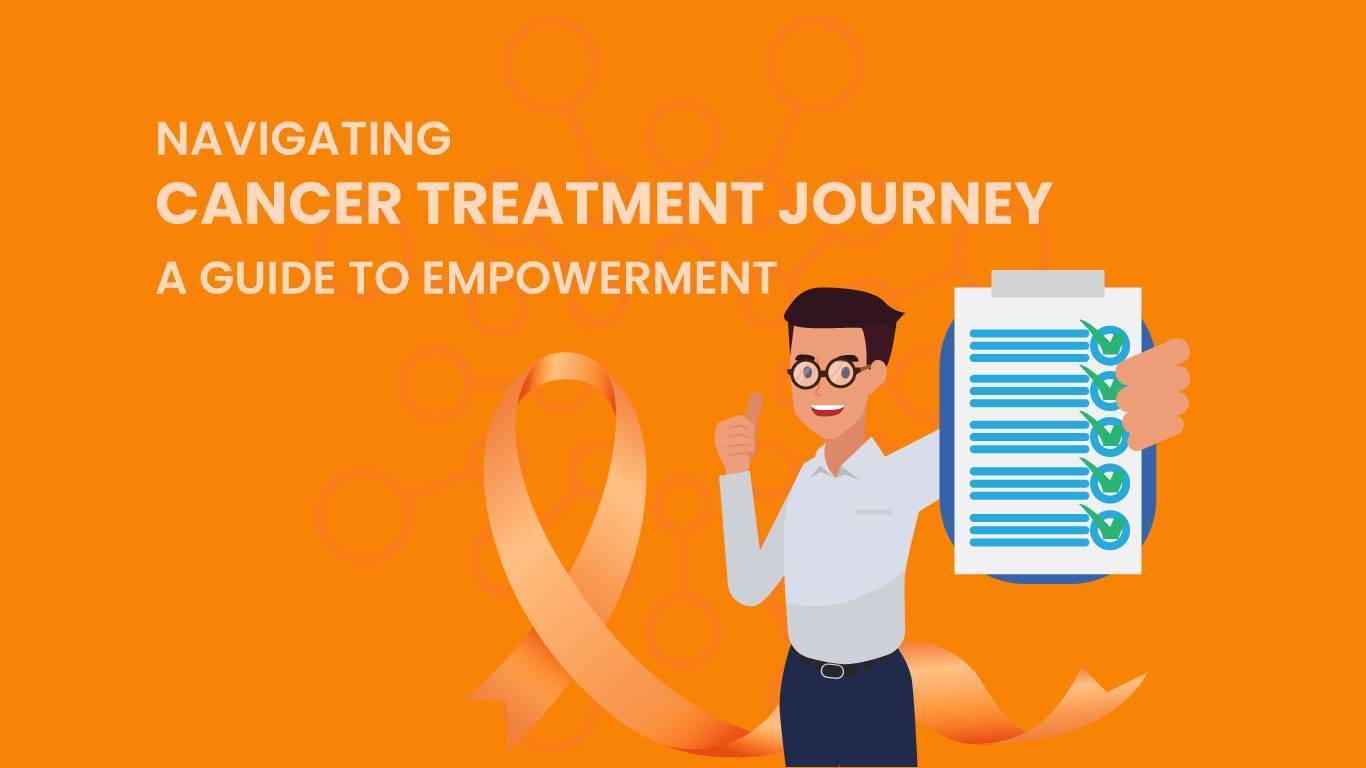Cancer Treatment Journey: Navigating with Confidence and Hope
Cancer. The mere mention of the word can evoke fear, uncertainty, and a sense of overwhelm. But, it’s essential to remember that cancer is not a death sentence. With the right treatment, support, and mindset, many people overcome cancer and lead fulfilling lives. In this article, we’ll delve deeper into the key steps to navigate your cancer treatment journey with confidence and hope.
Understanding Cancer
Cancer is a complex and multifaceted disease that affects millions worldwide. It’s essential to understand the basics of cancer, including its types, symptoms, and treatment options. By educating yourself, you’ll be better equipped to make informed decisions and take control of your treatment journey.
Cancer support network
No one should face cancer alone. Surround yourself with a support network of loved ones, friends, and healthcare professionals who can offer emotional support, practical help, and guidance. Your support network can provide a sense of comfort, reduce feelings of loneliness, and help you stay positive throughout your treatment journey.
Understanding cancer
Knowledge is power, and understanding your specific type of cancer, treatment options, and potential side effects can help you make informed decisions. Don’t be afraid to ask questions, seek second opinions, and explore different treatment options. By educating yourself, you’ll be better equipped to manage your treatment journey and make decisions that are right for you.

Cancer healthcare team communication
Open and honest communication with your healthcare team is crucial. Don’t hesitate to ask questions, voice concerns, or seek clarification on your treatment plan. Your healthcare team is there to support you, and by communicating effectively, you can ensure that you receive the best possible care.
Managing Cancer side effects
Cancer treatments can come with side effects, but there are ways to manage them effectively. Work with your healthcare team to identify potential side effects, develop a plan to manage them, and don’t hesitate to seek help when needed. Remember, side effects are temporary, and there are ways to minimize their impact on your daily life.
Emotional well-being during cancer treatment
Dealing with cancer can be emotionally draining, but it’s essential to prioritize your emotional well-being. Consider counseling, support groups, or activities that help you relax and stay positive. Remember, taking care of your emotional health is just as important as taking care of your physical health.
Healthy lifestyle for cancer patients
Eating well, staying physically active (as advised by your healthcare team), and getting enough rest can help support your body during treatment. By maintaining a healthy lifestyle, you can improve your overall health, reduce side effects, and enhance your quality of life.
Advocating for Yourself
Be your own advocate by understanding your rights, seeking second opinions if needed, and ensuring you receive the best possible care. Don’t hesitate to ask questions, seek clarification, or request a second opinion. Remember, you are your best advocate, and by speaking up, you can ensure that you receive the care you deserve.
Practical planning for cancer treatment
Cancer treatment can impact your daily life, so it’s essential to plan ahead for practical matters such as work, finances, and transportation to appointments. By planning ahead, you can reduce stress, minimize disruptions, and focus on your treatment journey.
Staying Hopeful
Remember, many people successfully navigate cancer treatment and lead fulfilling lives. Stay hopeful, focus on the positive aspects of your life, and celebrate your successes, no matter how small they may seem. By staying positive, you can improve your mental health, enhance your quality of life, and overcome cancer with confidence.
Seeking Support from Others
Connecting with other cancer patients and survivors can provide valuable insights, encouragement, and support. Consider joining a support group, connecting with online communities, or seeking guidance from a mentor. By seeking support from others, you can gain a new perspective, develop a sense of community, and stay motivated throughout your treatment journey.
Conclusion
Cancer is a significant global health challenge, but with the right treatment, support, and mindset, many individuals overcome it and lead fulfilling lives. Remember, you are not alone in your cancer journey. Stay informed, stay hopeful, and stay empowered. By following these key steps, you can navigate your cancer treatment journey with confidence and hope.


